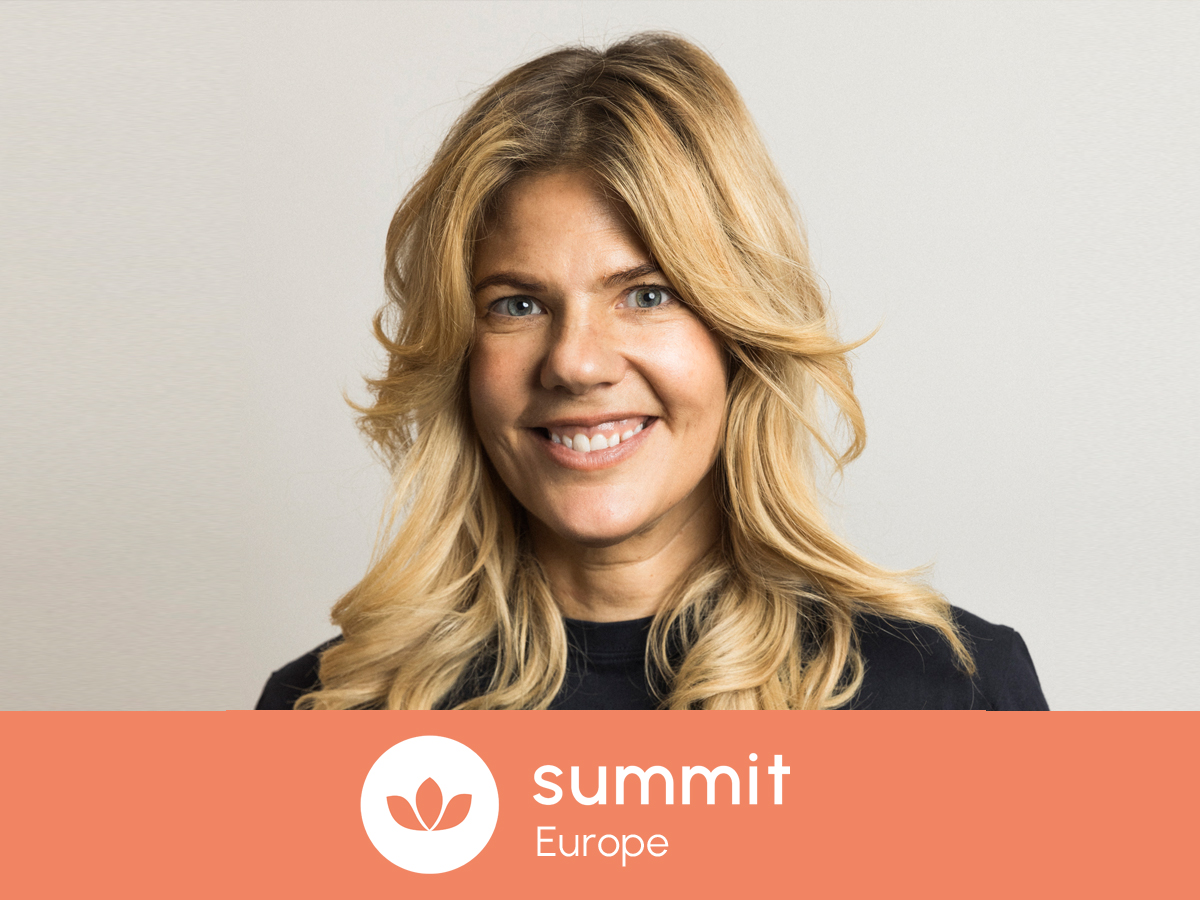Sarah Legler is the Human Resources Director at Lekker Code Company and will be speaking on day one, live and in-person, at the Wellbeing at Work South Africa Summit between 25-26 October and we wanted to get her thoughts before she takes to the virtual stage.
We are thrilled that you will be speaking at our Wellbeing at Work SA Summit in October. Our first and most important question is, how are you doing today?
I have been battling with some minor health issues coming out of winter but getting better now, thank you. How are you doing?
As a leader based in the region, what are the main challenges you are facing when it comes to employee wellbeing?
We are a full-remote company and don’t always communicate or see each other virtually every day as each of us is busy with different clients and tasks that are not always shared. The challenge is that if someone is feeling unwell (mentally, emotionally or physically) it is difficult to pick up since we don’t have an in-person interaction and may lack personal support. We trust that our employees are confident to reach out to leaders if they need anything.
What strategies have you seen developing in South Africa over the past 6-12 months post pandemic to address health and wellbeing in the workplace?
Firstly, the option to take a mental health day if someone needs it as one has not always to be physically sick to be “unable” to work. It is better to rest and come back fully recharged. Secondly, I have seen an increased need for team engagement strategies since that needs to be adjusted when your team works remotely and even globally as compared to all working in one office space. Thirdly, we also see and hear
more about the 4-day week that is considered to increase productivity and well-being, which will be interesting to see how that develops.
Why is employee wellbeing so important to you personally?
Having studied B.Sc. “Health Promotion ”with focus on occupational health I stand behind the statement that the employee should always come first. Without a happy and healthy employee you will not get any happy customers or stakeholders either. The effects are obvious. Besides that, a positive vibe carries a long way.
What are you most looking forward to about the Summit in October?
Exchanging ideas with other companies about well-being and health at work as well as networking. We are a Start-Up founded early 2021 and haven’t had much opportunity to exchange ourselves with other companies and learn from potential role models.
Tell us, what is your vision for the workplace of the future, in terms of employee engagement, health and wellbeing?
We work in a full-remote and trust based environment with flexible working hours so that our employees can coordinate their day as they please to be able to plan any well-being activities whenever they feel like it and to reduce stress. To improve employee engagement our vision is to strategize our team culture, plan in-person meet ups and team building events. This will then hopefully also help for employees
to speak openly about their personal needs.
What areas do you think employers should be focused on over the next 12-18 months?
Company culture and employee engagement while working remotely.
How has your organisation been leading the way?
Lekker Code, an inclusive company, was founded with a “Surf-Life” culture leading the way with flexible working hours and full-remote opportunity. Also, we enable our team to work freely where they feel comfortable. We are looking forward to exchanging our beliefs at the Summit and to learn from each other.
Join us at the Wellbeing at Work South Africa Summit between 25-26 October 2022 live in Cape Town and virtually and hear from Sarah and over 30 expert speakers from across the world. Further details here.



